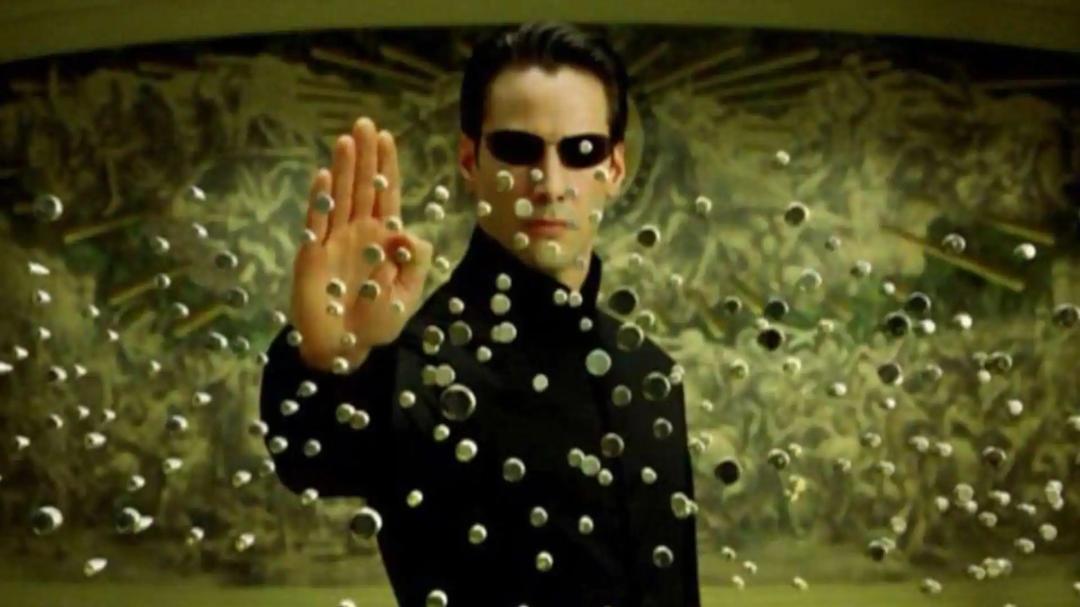
Physicists prove universe isn’t a computer simulation like in ‘The Matrix’
The idea that our universe is a computer simulation, popularized by the iconic sci-fi movie ‘The Matrix’, has been a topic of debate among physicists and philosophers for quite some time. The concept, also known as the “Simulation Hypothesis”, suggests that our reality is a simulation created by a more advanced civilization. However, physicists from the University of British Columbia Okanagan (UBCO) have now mathematically proved that this hypothesis is incorrect.
According to a recent press release, the researchers have demonstrated that the universe is not a computer simulation, but rather it is built on “a type of understanding that exists beyond the reach of any algorithm”. This groundbreaking study has significant implications for our understanding of the fundamental laws of physics and the nature of reality itself.
The study’s co-author stated, “Fundamental laws of physics cannot be contained within space and time, because they generate them.” This statement highlights the key difference between the universe and a computer simulation. In a simulation, the laws of physics are programmed and bounded by the simulator, whereas in our universe, the laws of physics are intrinsic and give rise to the fabric of space and time.
The researchers used advanced mathematical techniques to demonstrate that the universe is not a simulation. They showed that the fundamental laws of physics, such as quantum mechanics and general relativity, cannot be reduced to a set of algorithms or computational processes. Instead, these laws are based on a deeper understanding of the universe, one that transcends the limitations of computational models.
The study’s findings have significant implications for the field of physics and our understanding of the universe. It suggests that the universe is not a product of a simulator, but rather an emergent system that arises from the interactions of fundamental particles and forces. This understanding can help us better appreciate the complexity and beauty of the universe, and can also inform our search for a more complete theory of quantum gravity.
The idea of the Simulation Hypothesis has been debated by physicists and philosophers for many years. Some have argued that it is impossible to prove or disprove the hypothesis, as any evidence we might gather could be part of the simulation itself. However, the UBCO researchers have taken a different approach, using mathematical techniques to demonstrate that the universe is not a simulation.
The study’s findings are also relevant to the ongoing search for a theory of everything, a unified theory that can explain all phenomena in the universe. The researchers’ demonstration that the universe is not a simulation suggests that such a theory must be based on a deeper understanding of the universe, one that goes beyond computational models.
In conclusion, the study by physicists from UBCO has provided strong evidence that the universe is not a computer simulation like in ‘The Matrix’. Instead, it is built on a type of understanding that exists beyond the reach of any algorithm. This finding has significant implications for our understanding of the fundamental laws of physics and the nature of reality itself.
As we continue to explore the universe and push the boundaries of human knowledge, it is essential to recognize the limitations of computational models and the importance of deeper understanding. The UBCO researchers’ study is a significant step forward in this direction, and it will undoubtedly inspire further research and debate in the years to come.
News Source: https://news.ok.ubc.ca/2025/10/30/ubco-study-debunks-the-idea-that-the-universe-is-a-computer-simulation/






